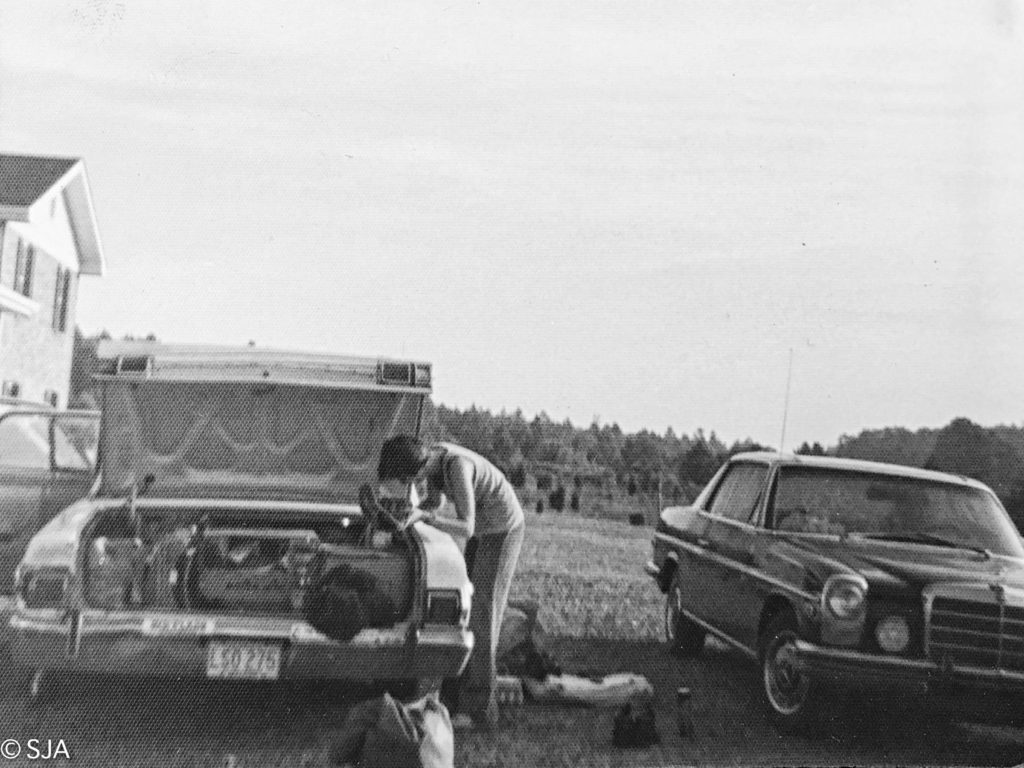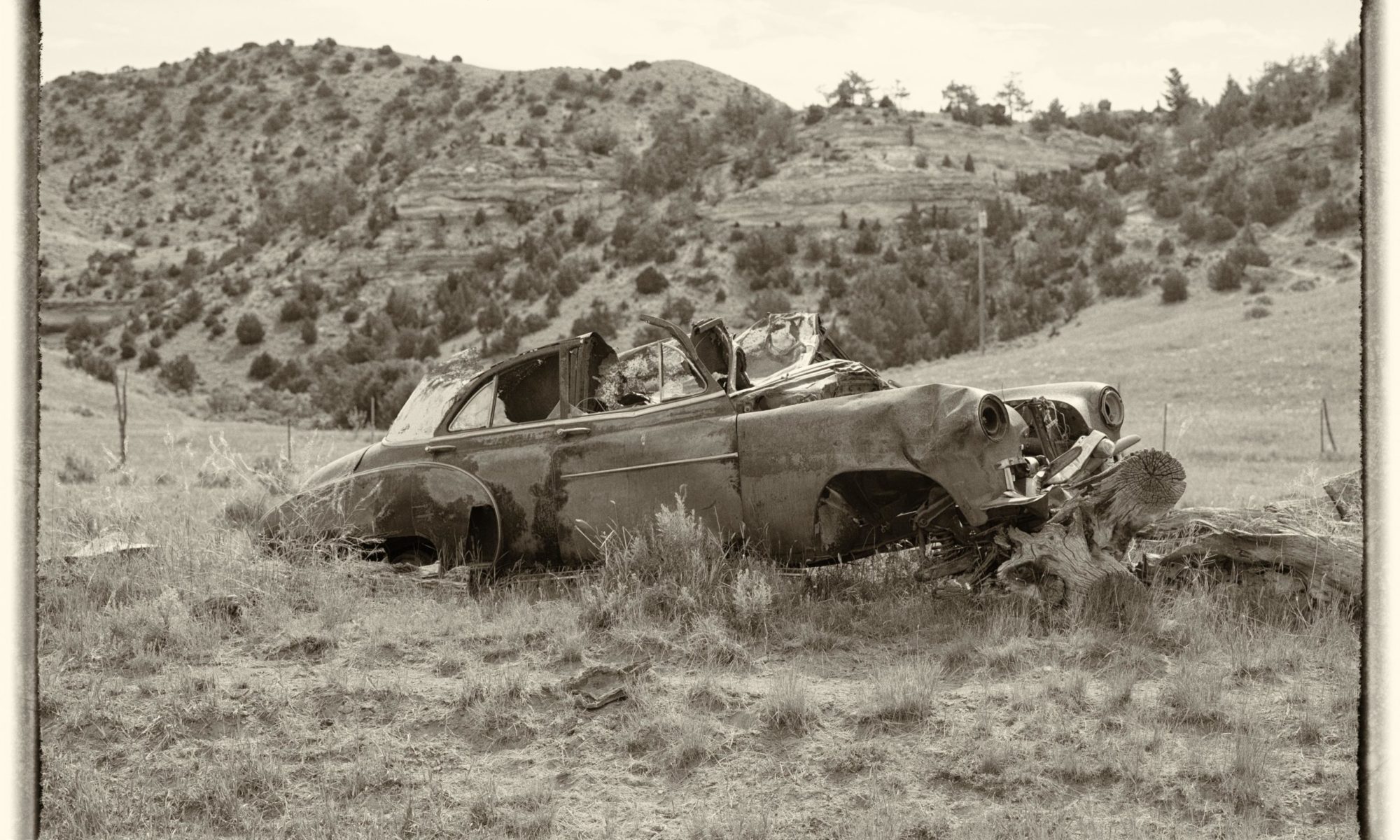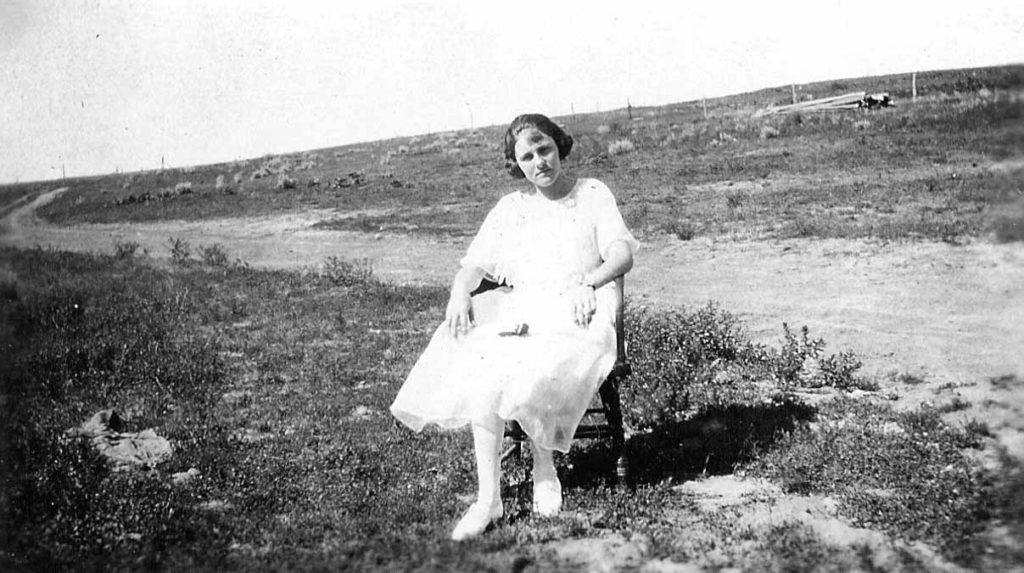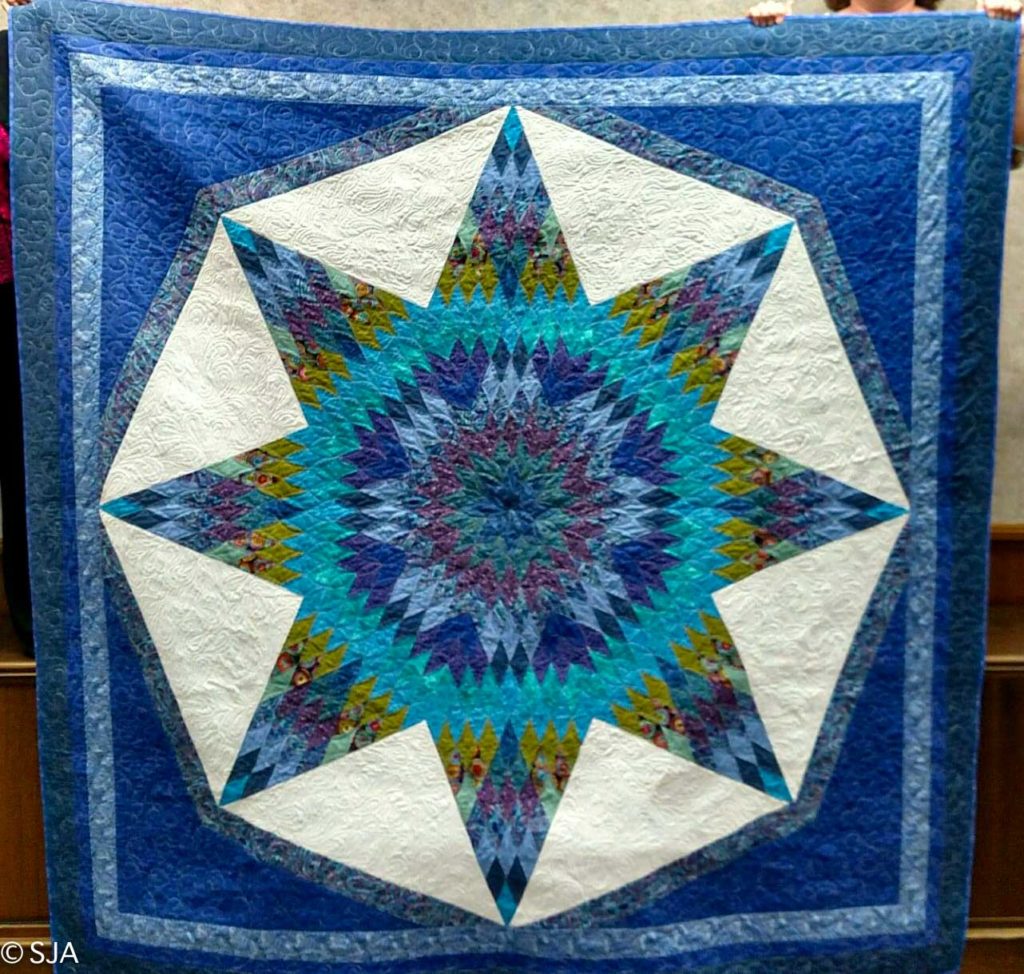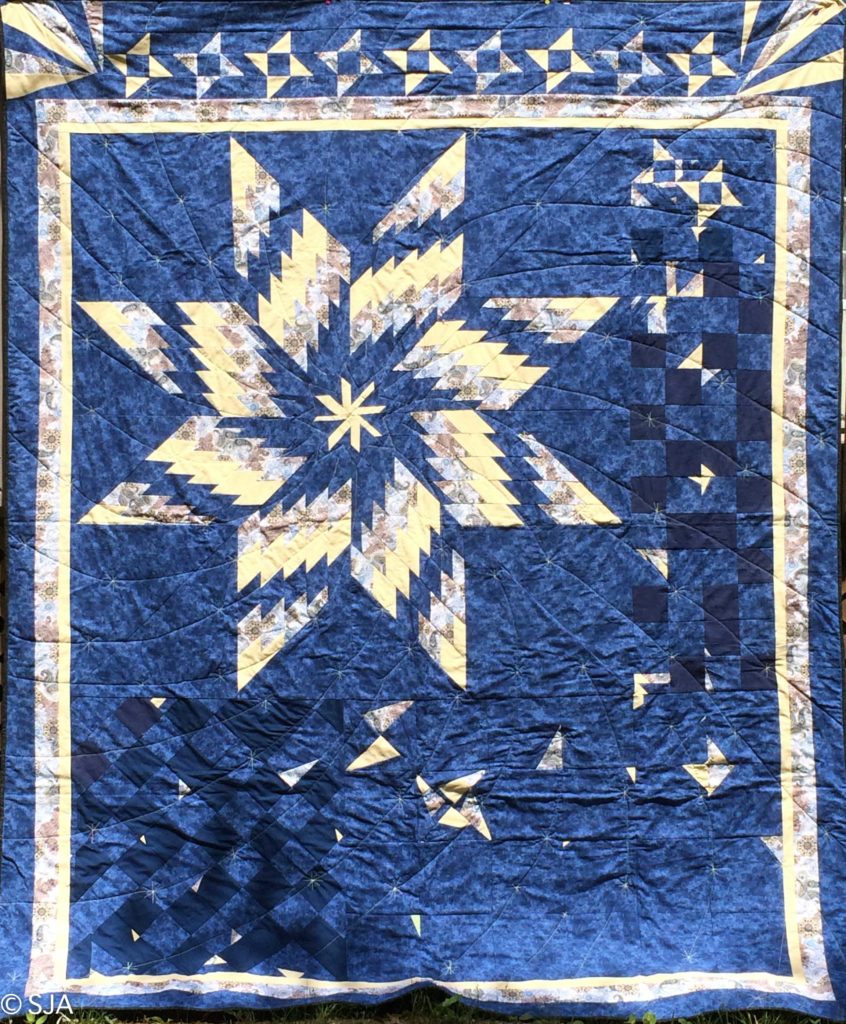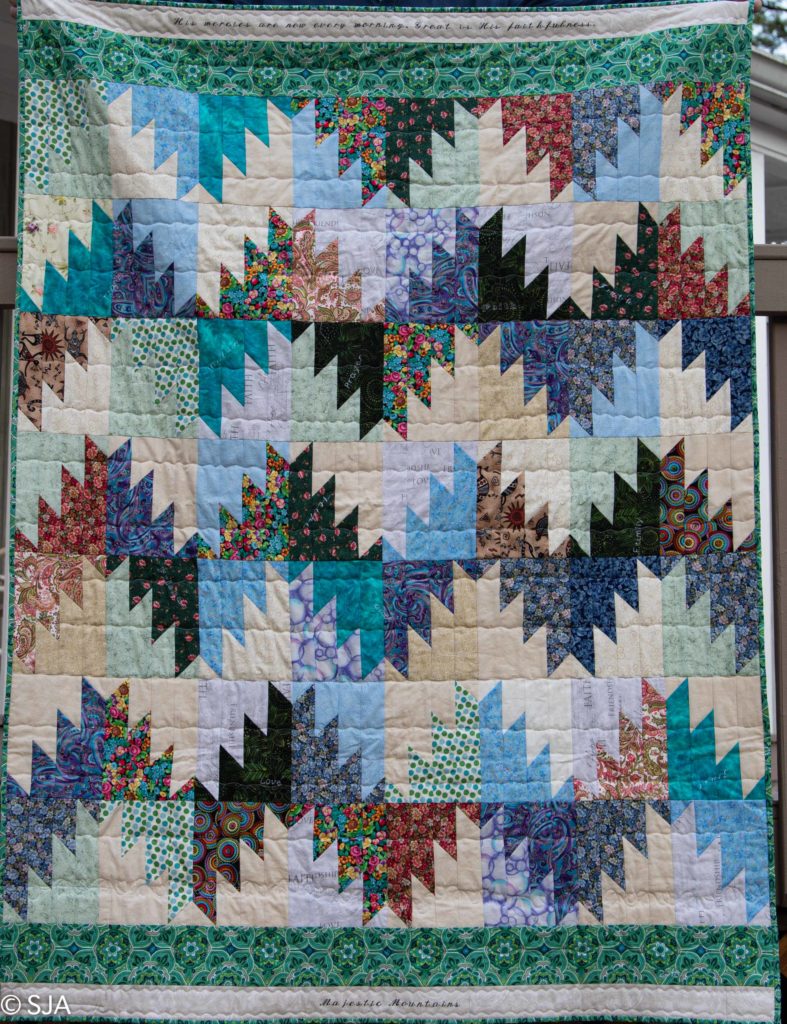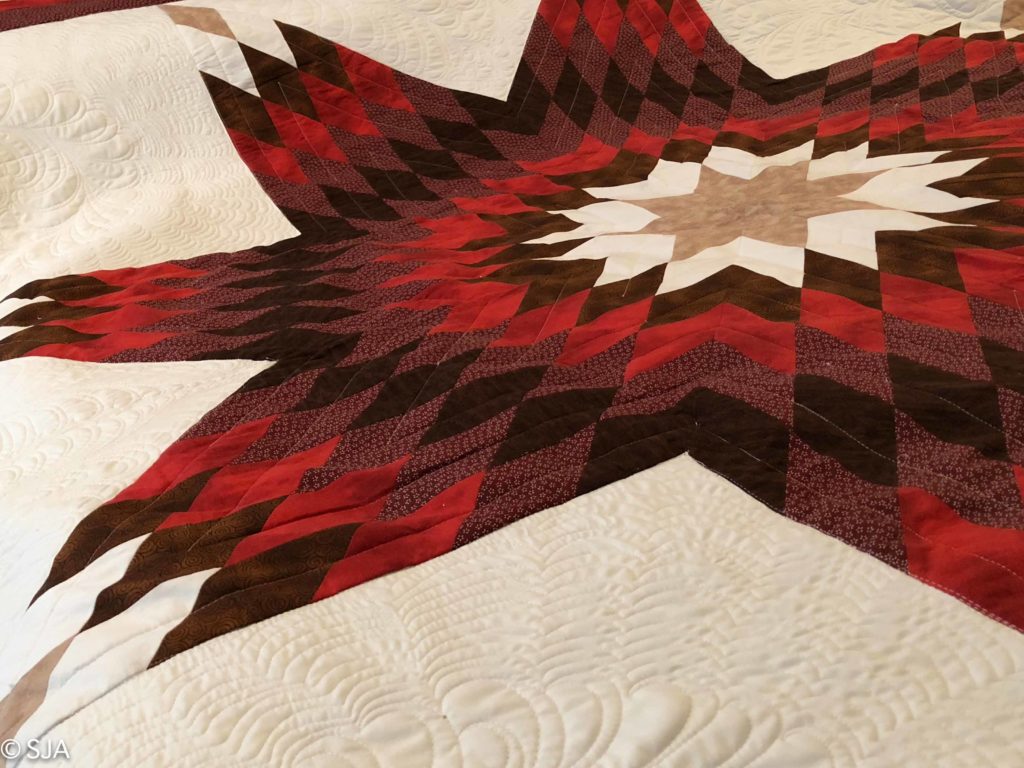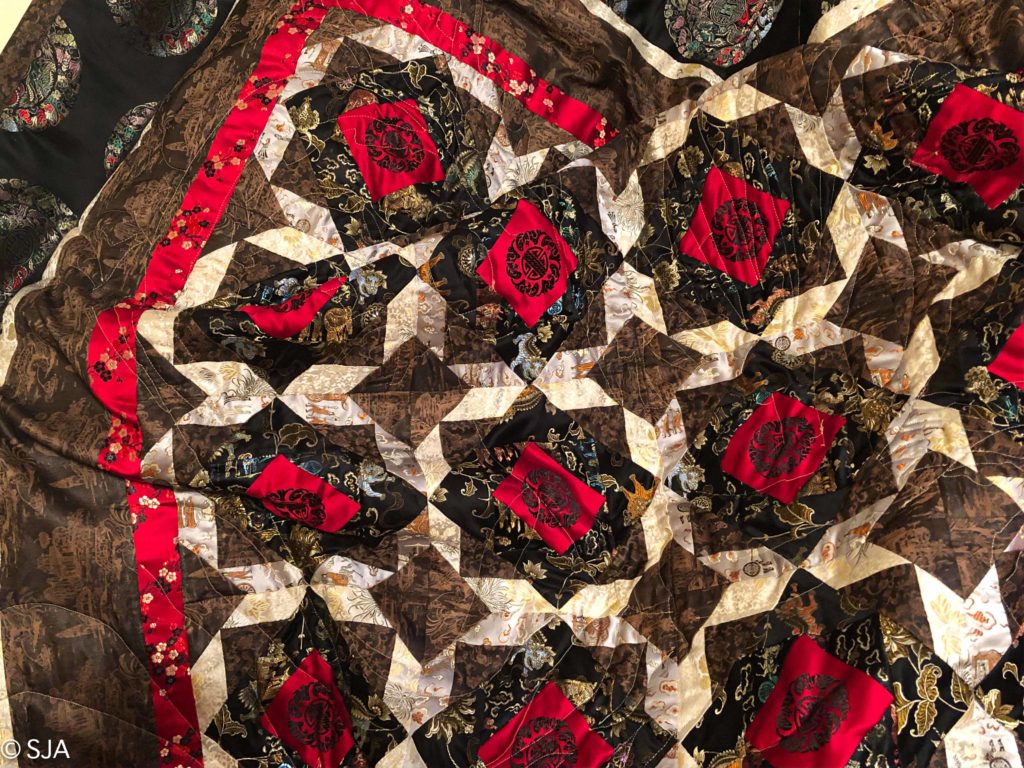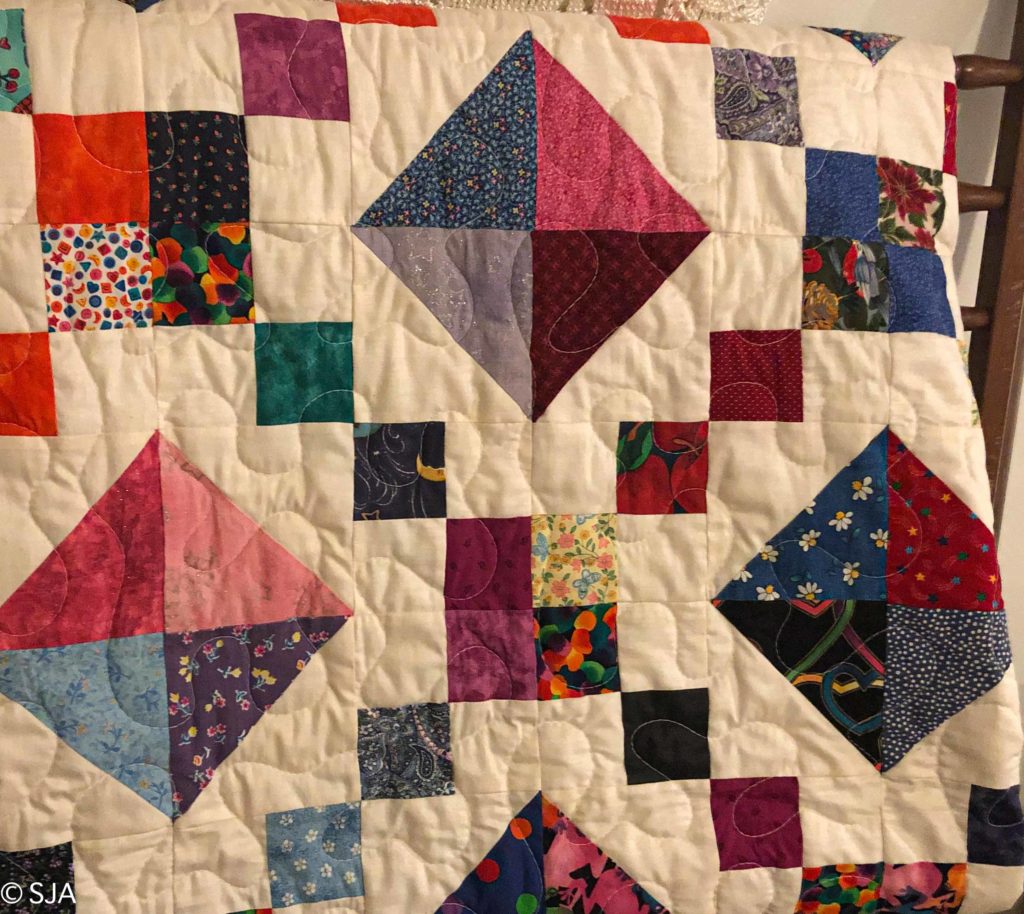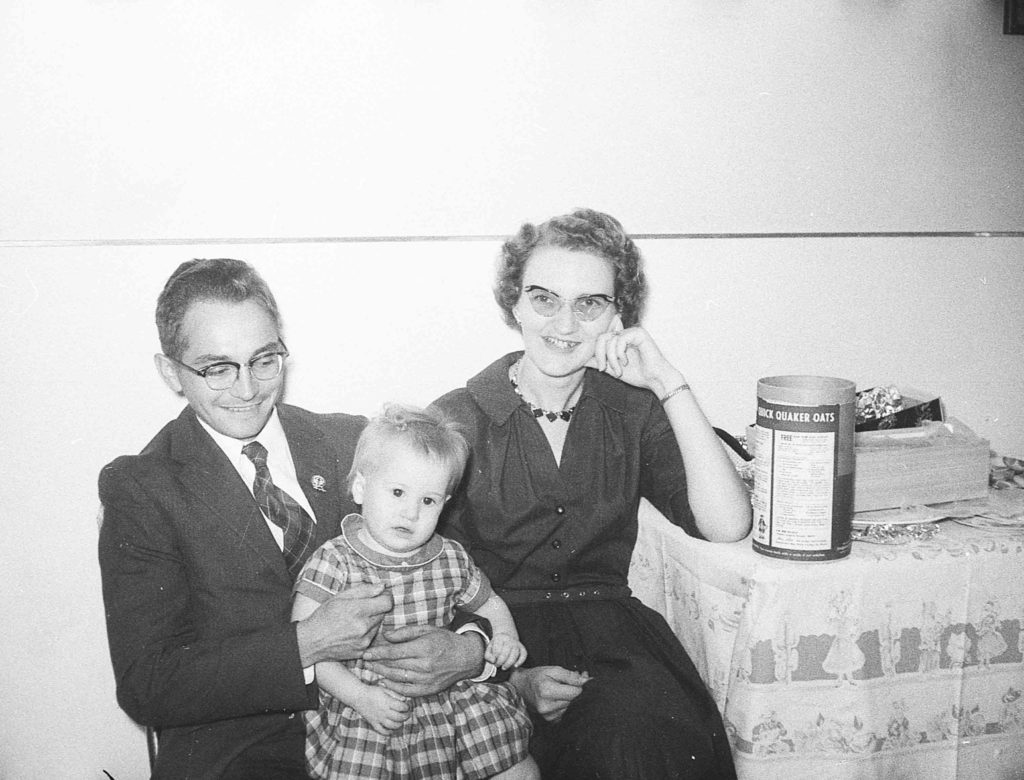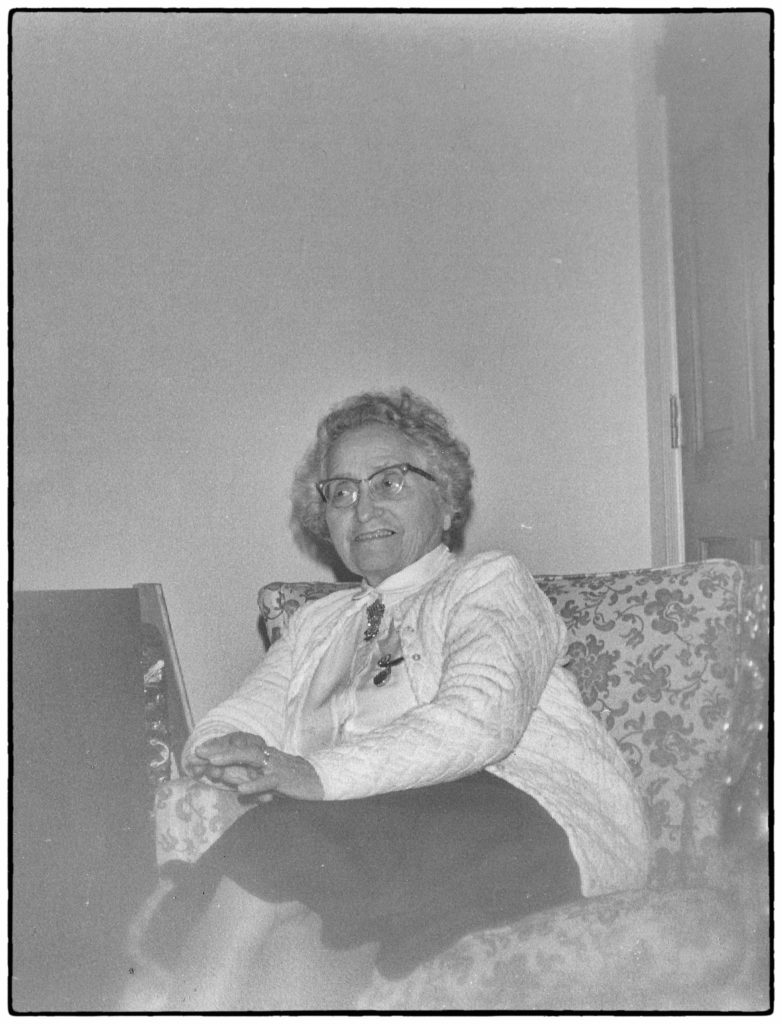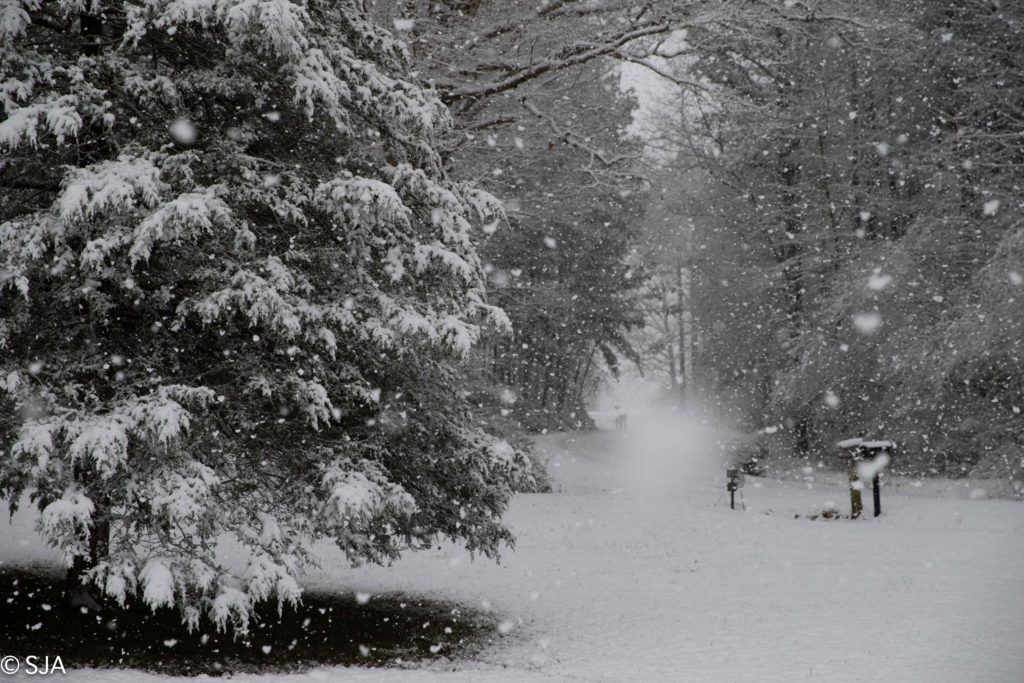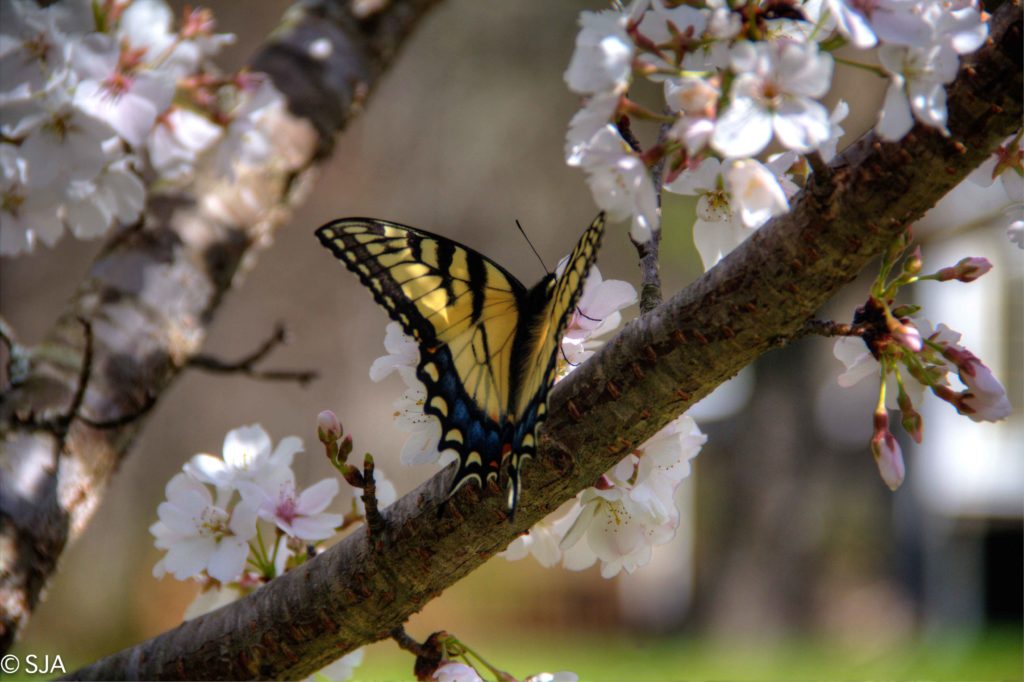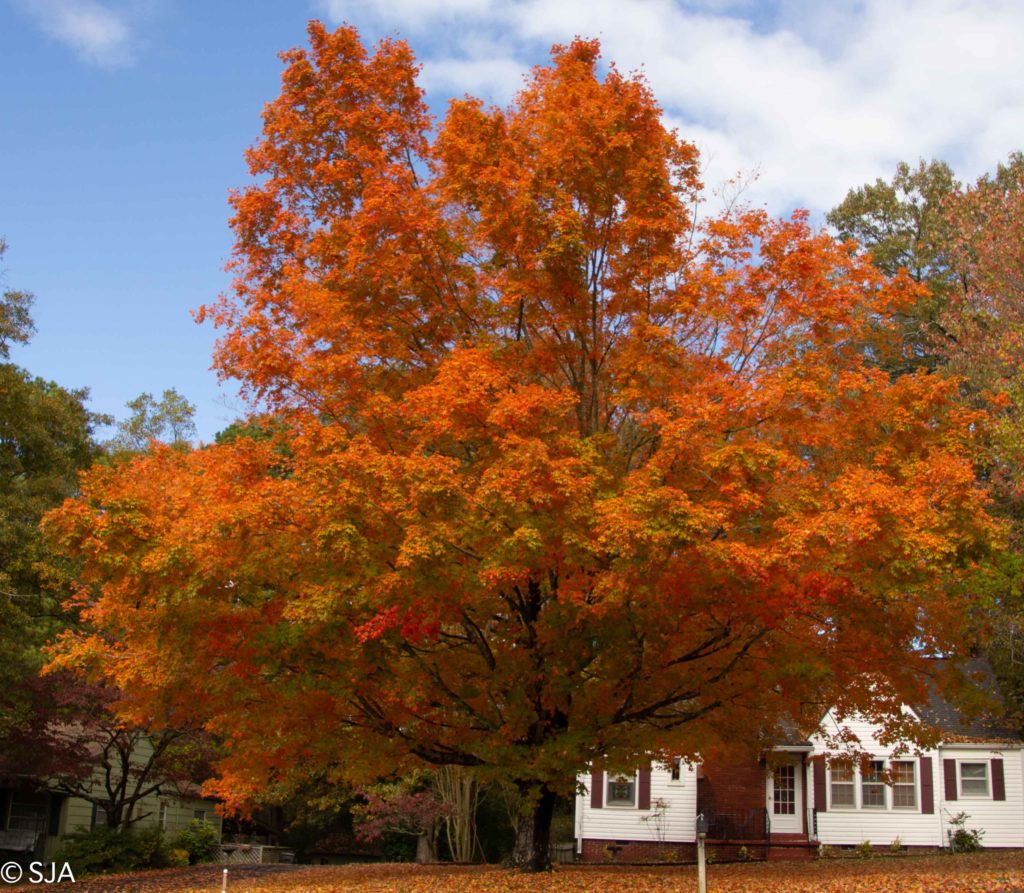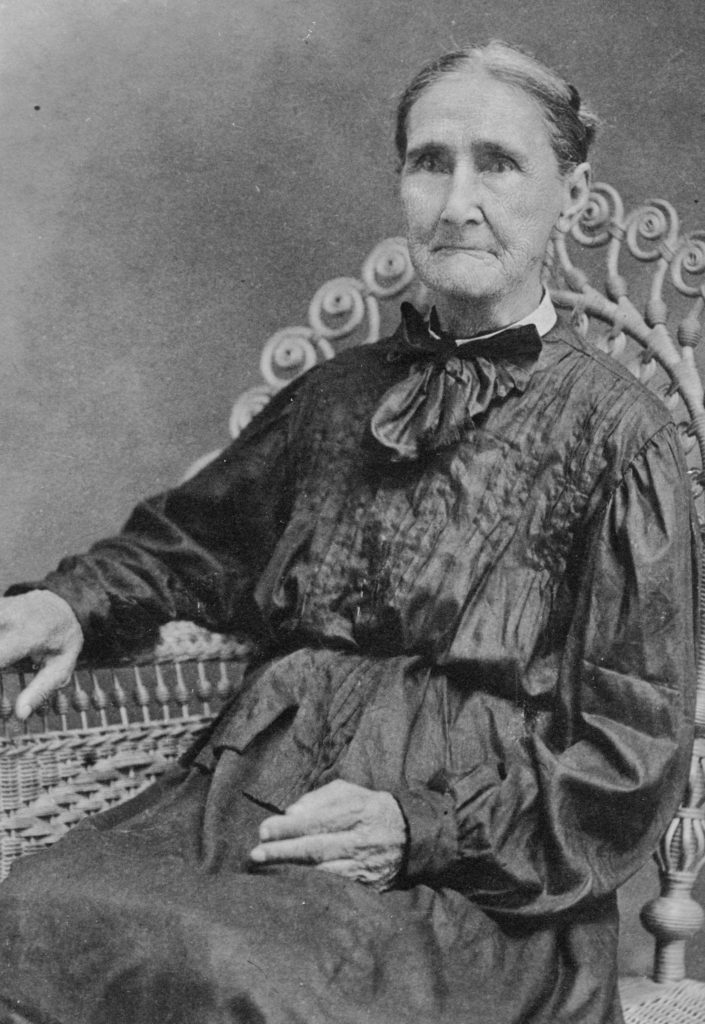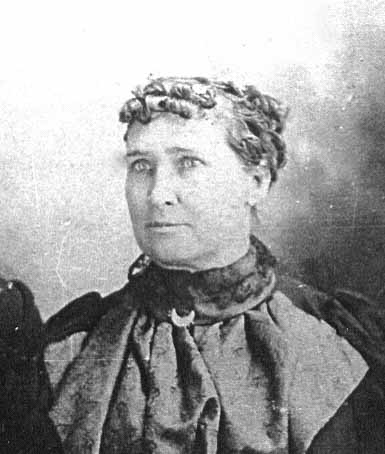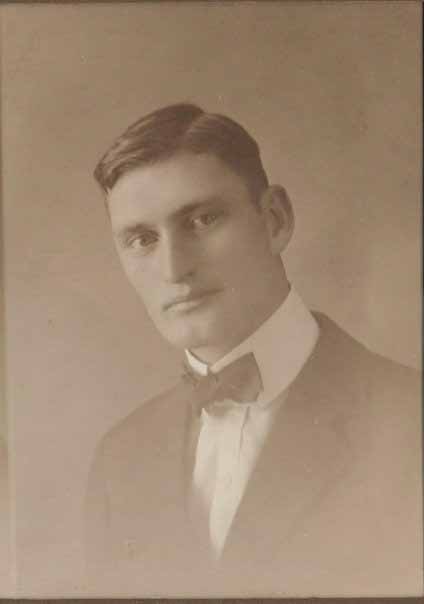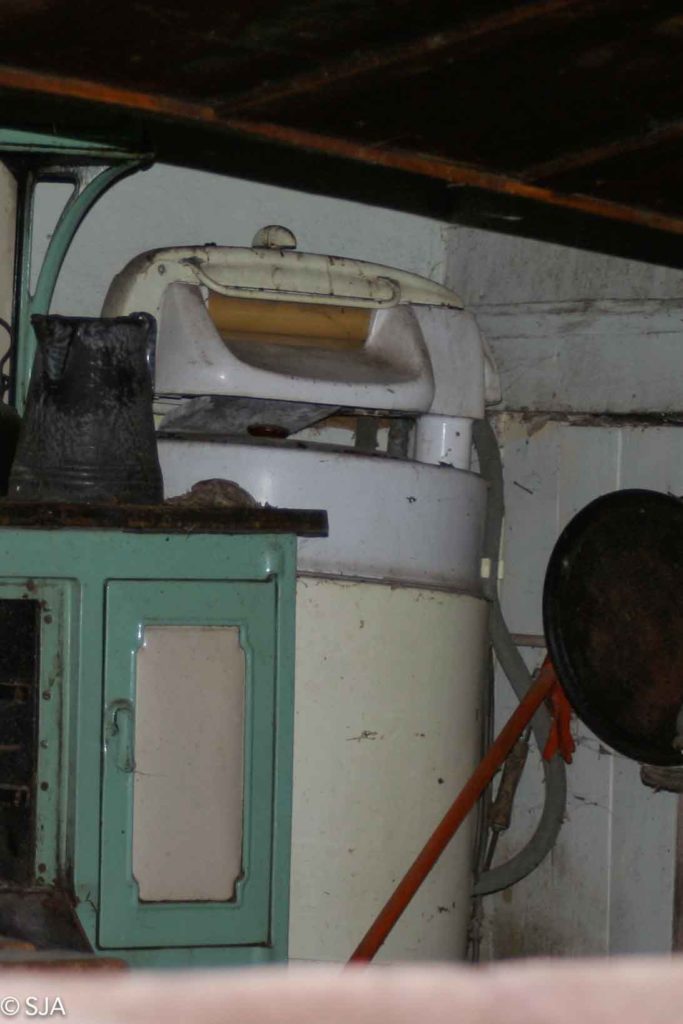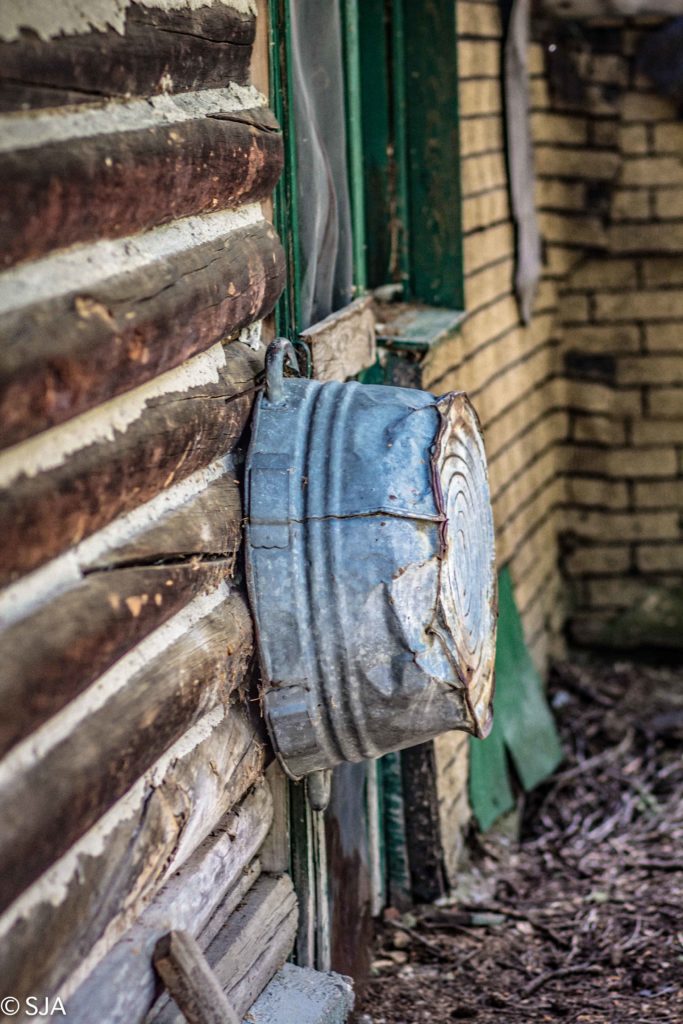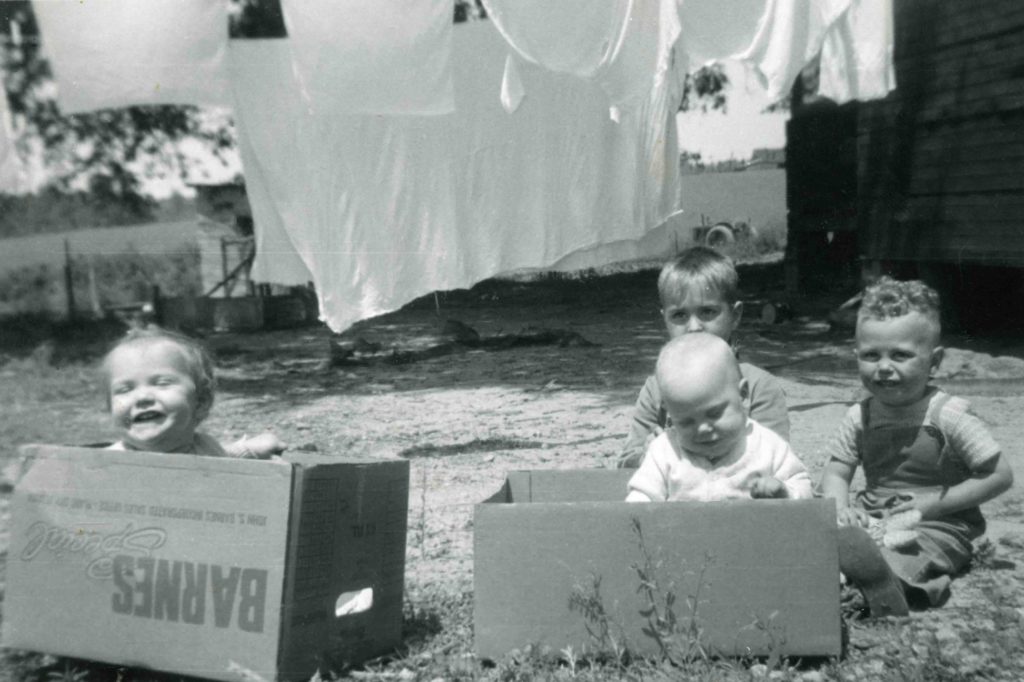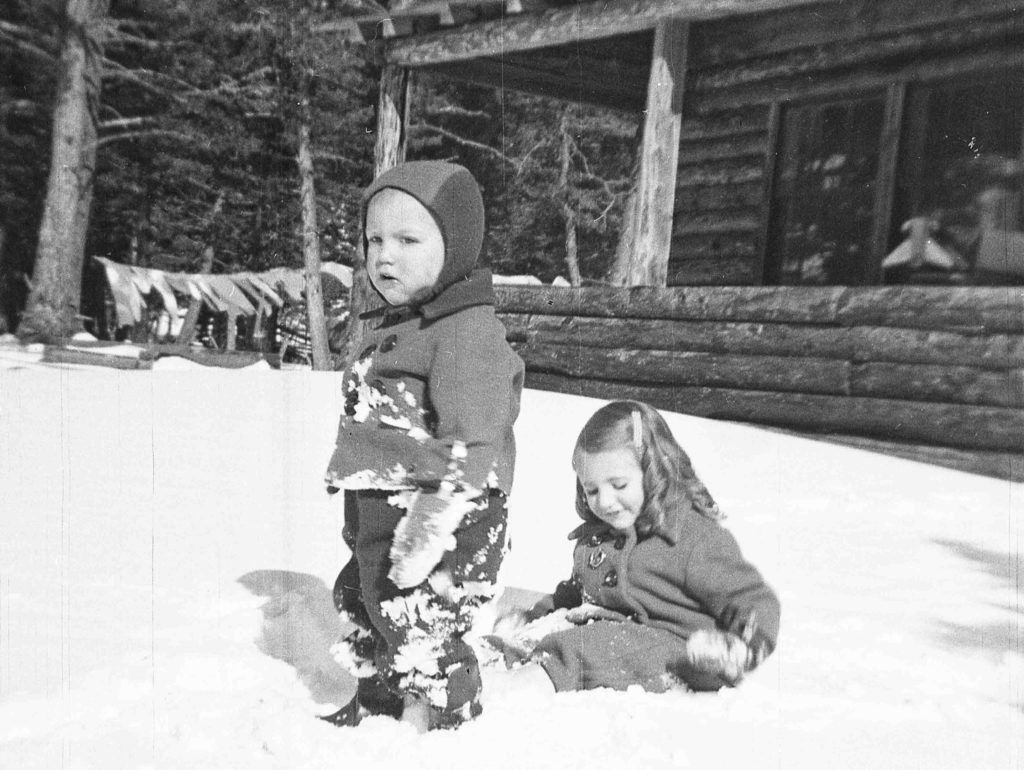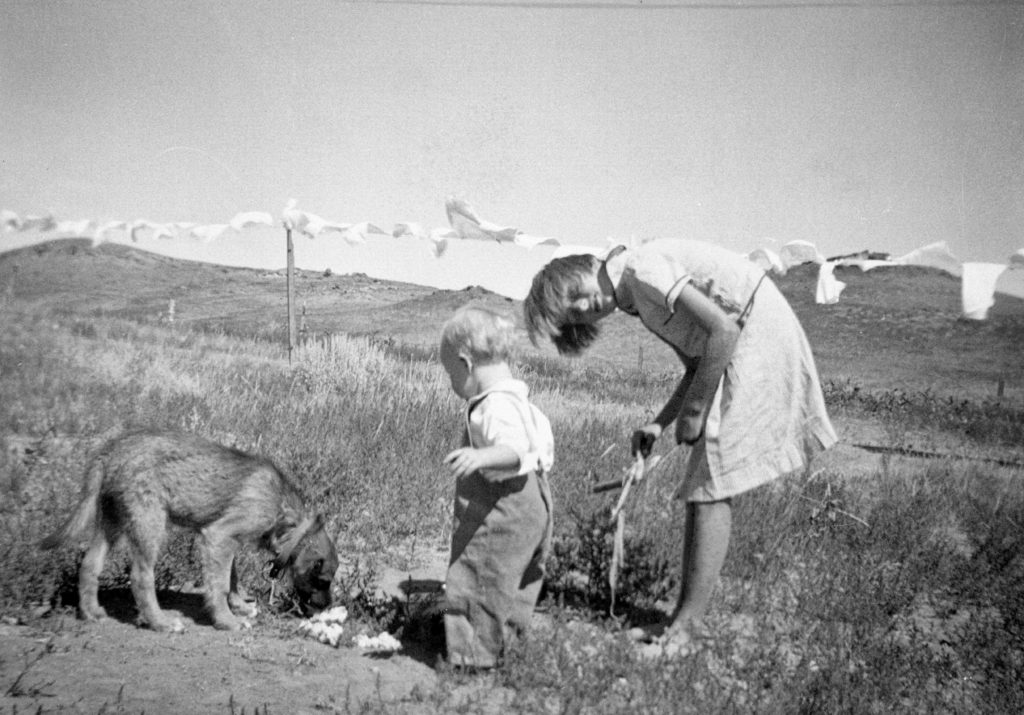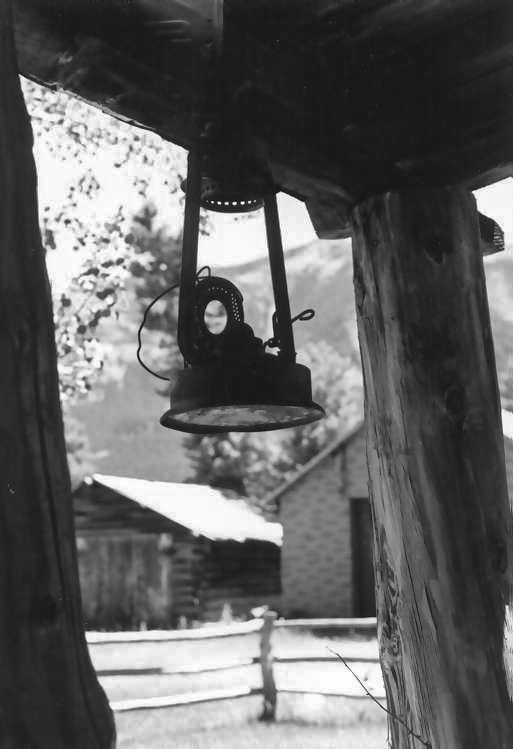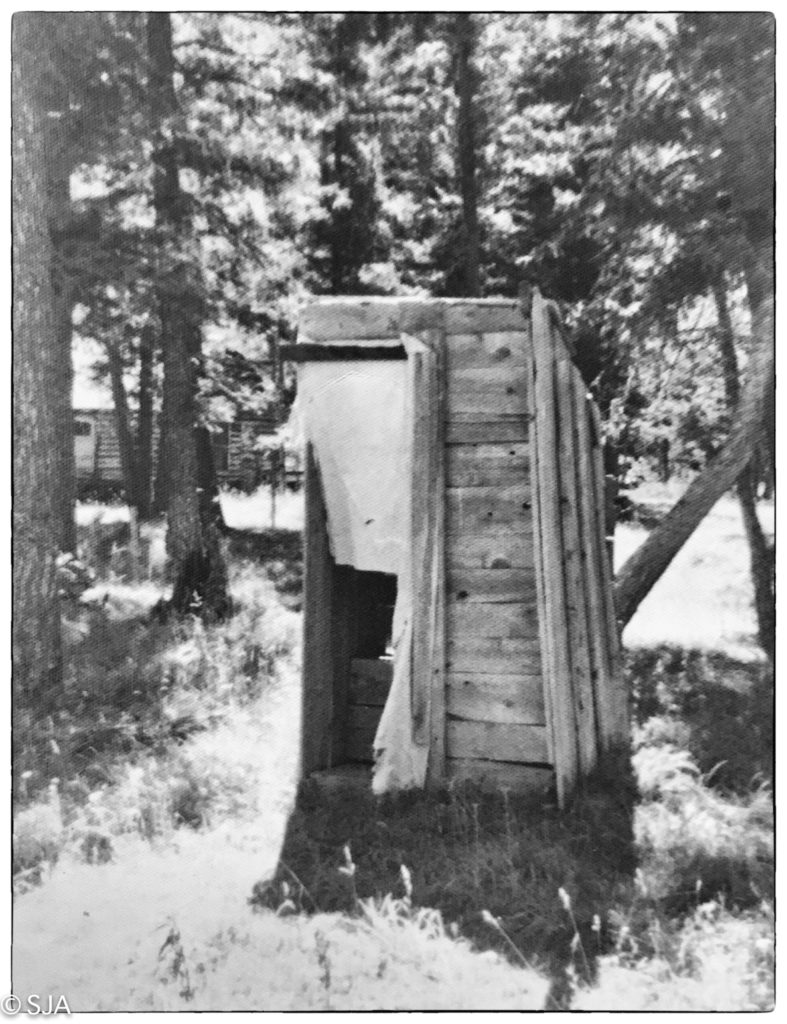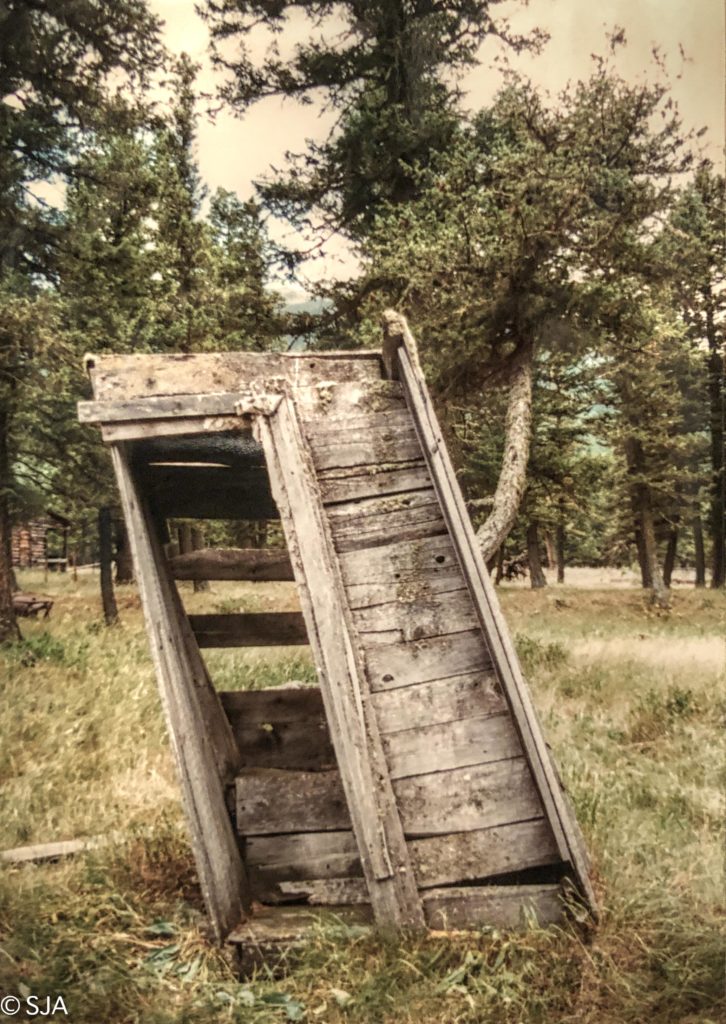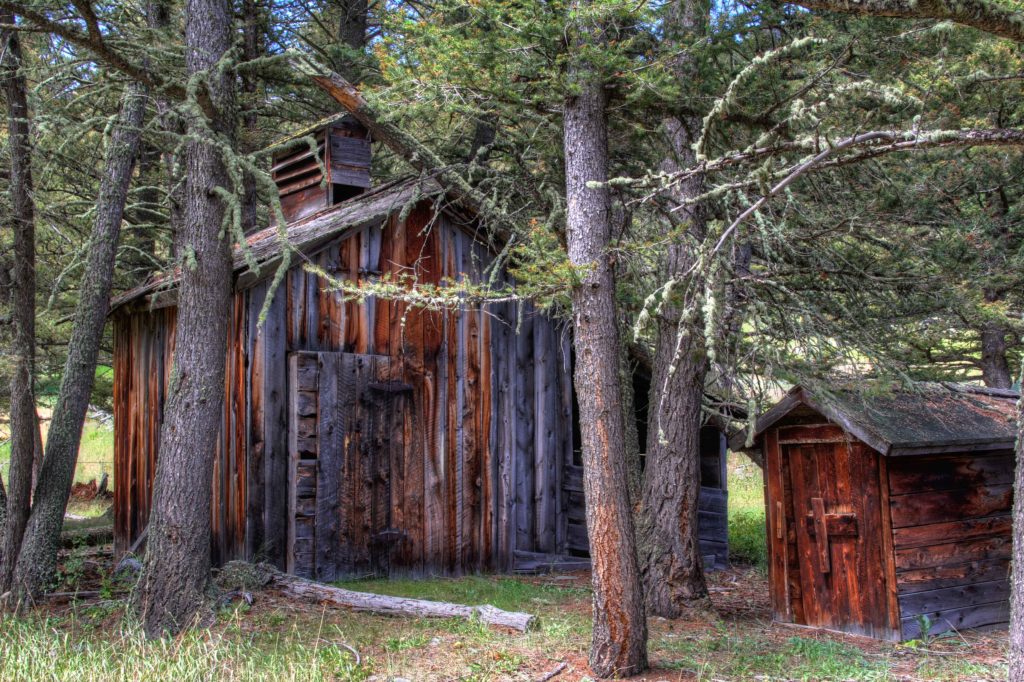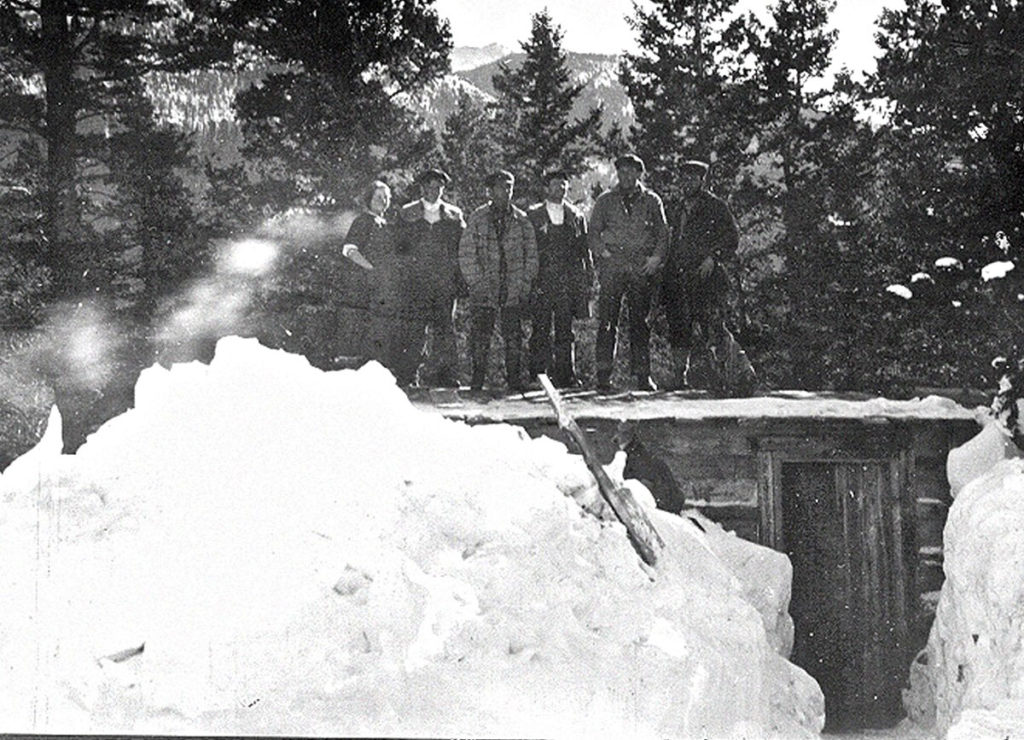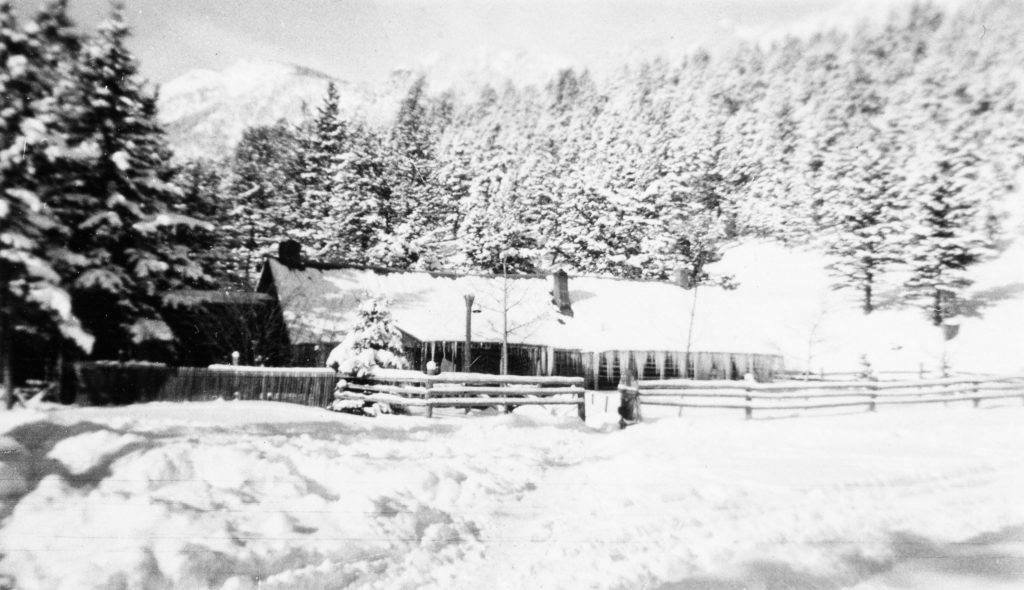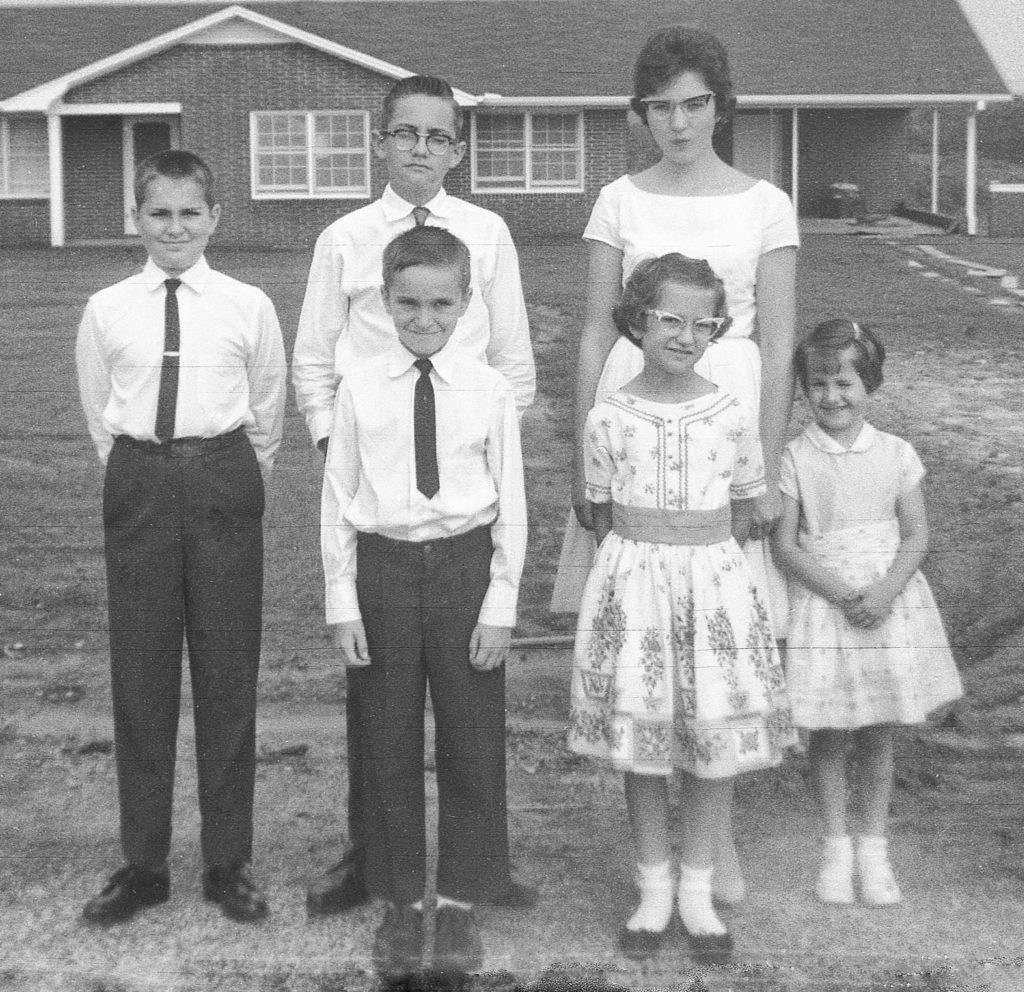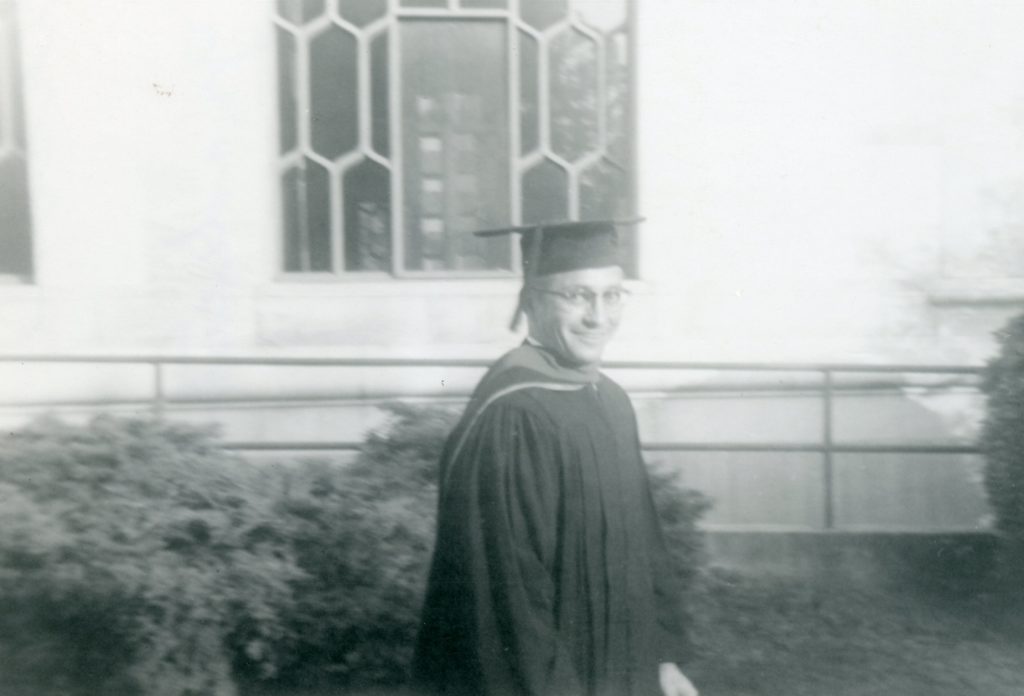The maps were laid out on the table. We had not gone into this without some preparation. Already my sister and I had a fairly well drawn out itinerary and route, as well as designated National and State Parks, and other points of interest to visit. No matter how good our presentation was, we knew Mama would never be sold on the idea. Now Daddy – that was a different story. If we could get him on board, he would take care of Mama.
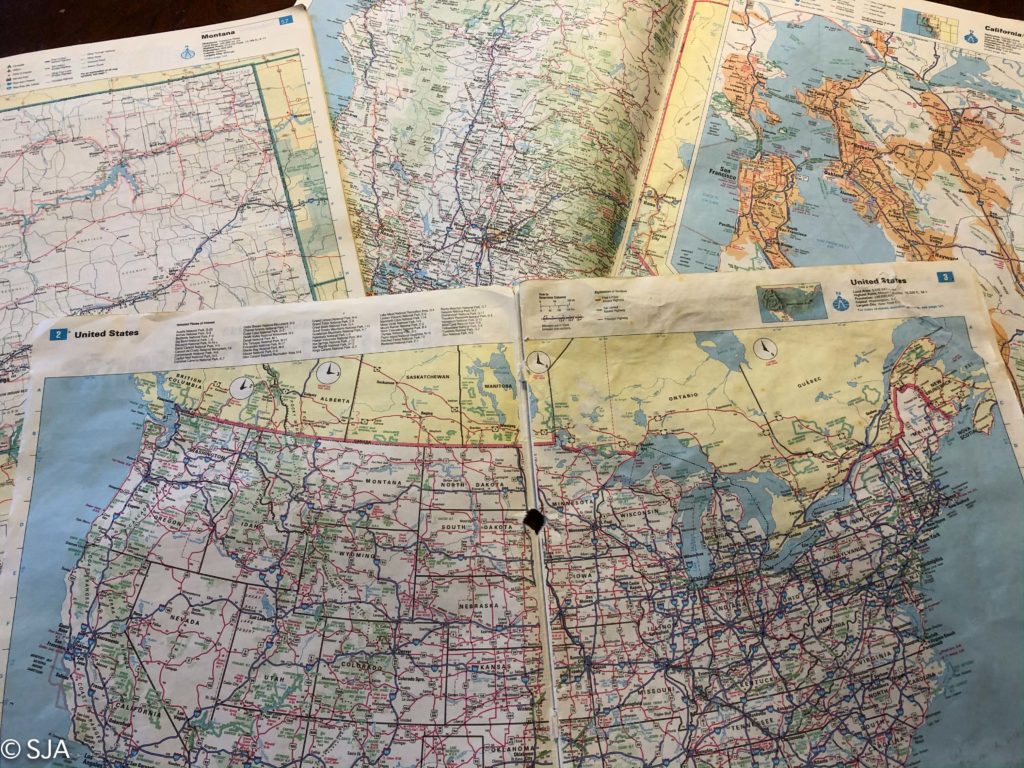
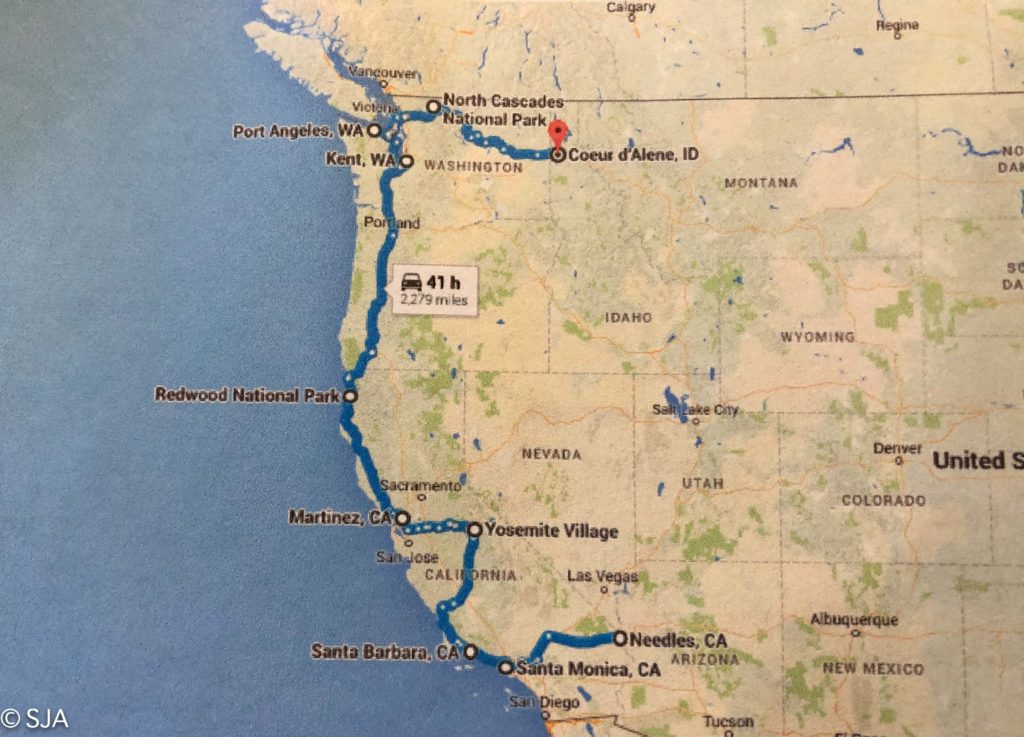
It was the fall of my senior year of high school. My sister, two years older, and I came up with a crazy scheme to travel across the country the following summer. Already, we were setting aside funds and making lists of additional items we would need. We had backpacks, sleeping bags, mess kits, and other camping gear already. We knew everything had to be in order for our plan to work.
As we began our presentation Mama’s face was set as stone. Daddy’s eyes lit up. When he reached down and traced his finger along one of the roads on the map and made a suggestion of a particular point of interest, we knew we had him! There were plenty of relatives we could stay with once we got out west. There was Aunt Ellen in Santa Barbara, Aunt Betty in Martinez, Anna and Kitty in Santa Monica, Cousin Diane in California, Cousin Donna Marie and Russ in Brookings, Uncle George in Kent, Uncle Sid in Port Angeles, Uncle Frank in Idaho, and others. Once we got to Montana, we would stay with our Grandmother, Cousin Babs, and visit Uncle Buster and Aunt Viola.
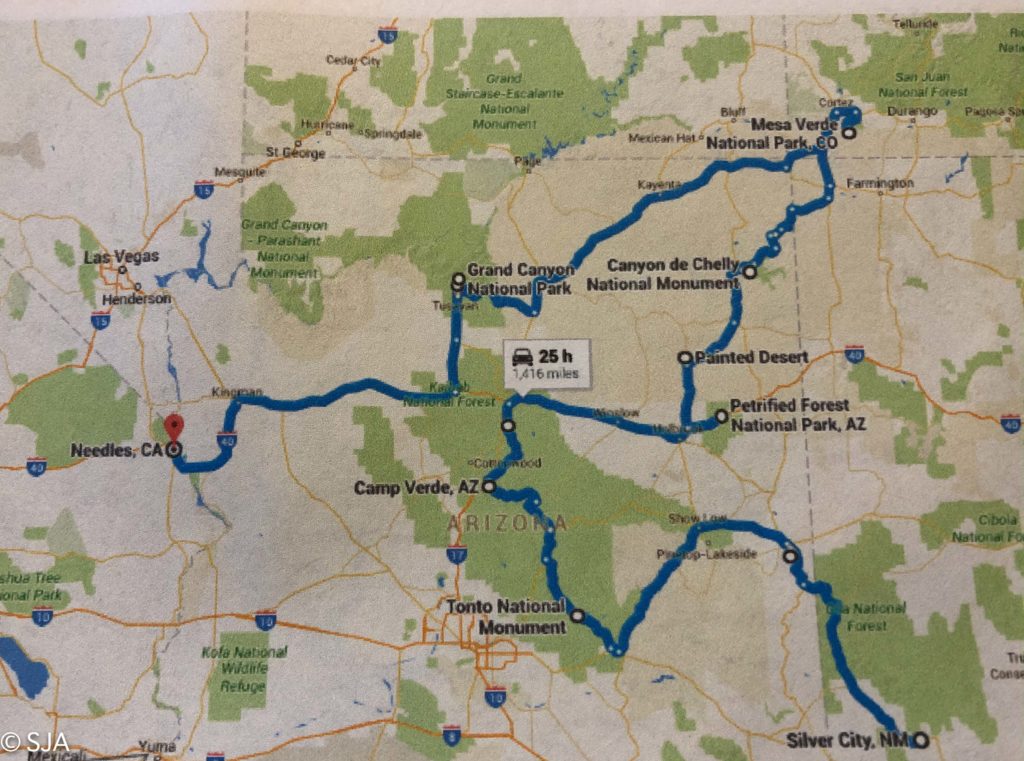
Mama didn’t like the idea at all! Looking back, I can’t say as if I blame her. We were young. I was just eighteen when we made the trip, my sister being twenty. We looked younger than we were – like kids. There were no cell phones for communication, no debit cards or credit cards for us to use, and the car looked like it had already seen its last days.
We tried to have the answers before Mama asked the questions:
“What are you going to drive?” “The old beat up car – it will be serviced ahead of time – and we’ll have the oil changed and everything checked out at the appointed time.”
“Where are you going to stay along the way?” “We’ll camp – in National Park campgrounds, State Park campgrounds or KOA’s.”
“What will you eat?” “We’ll take a cooler and cook our meals on the Coleman stove at breakfast and supper. Lunch will be sandwiches.”
“How will you pay for it?” “We both have jobs and are already setting some money aside. We can get traveler’s checks and carry some cash. I will send enough ahead so we will be sure to have enough for our trip home. There will be very little expenses – gas, food, camping fees (which are minimal), and we will set aside an emergency fund for car repairs or other things that might arise.”
“We promise to call home every couple of days as we were travel across the country. Once we get to the West Coast, we’ll pretty much be with relatives for the remainder of the trip. “
I remember Mama saying, “Buck, you’re NOT going to let them go, are you?” I didn’t understand her fears then. Mama thought it was foolish. (Of course she thought jumping off cliffs with ropes, backpacking and camping for fun, and jumping out of planes was foolish, too). Daddy thought it was a great opportunity. They were both right. But what adventures we had!
Stay tuned for more of the story………… Part Two
